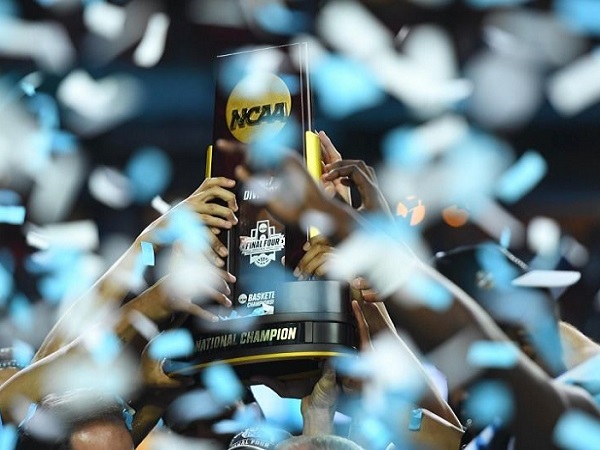Netflix-Paramount. Apple-A24. Amazon-NFL. AT&T-Time Warner. NBCUniversal-Comcast-Sky. Disney-21st Century FOX. Nexstar-Tribune. All of these deals were done for one purpose: to compete with the competition.
The deals of 2011-2015, 2016, and 2017 were not much different. Like all roads lead to Rome, all deals lead to competing with the hope of dominating the competition.
The question, will anyone catch Netflix, stems from the idea that Netflix was the first successful company to present Video-on-Demand (VOD) and streaming services. Other companies have played catchup to their streaming dominance. The question of continued streaming dominance arrives when competitors decide not to license film and television properties to Netflix and instead opt for their own streaming and broadcast services.
However, this is not to say that the competition has fallen on hard times. Apple and Amazon have approached and/or crossed the $1 trillion business valuation mark in 2018. Disney, Comcast, and others have all spent and made billions of dollars in 2018. By comparison, Disney-FOX and Comcast-Sky will spend a combined $43 billion in 2018 compared to $8 billion for original content at Netflix, and $12-13 billion for all content on the streamer.
On the other hand, are Netflix’s competitors too late to the dealmakers table? Three reasons suggest they are not:
1. The international market has not been settled
For the American-based streamers, China is an untapped market. India is growing and its people want more content. Hulu is even looking at international expansion to scale its business. The streamer(s) who are first and allowed to grow, providing both international and local content, will be very successful in new and growing markets.
2. It depends on the timing of the expiring studio licensing contracts
The Netflix-Paramount deal was completed in response to the ever-growing audience appetite for content as well as the expiring studio content licensing contracts parked at Netflix. 92% of the content on Netflix’s streaming platform is the property or partial property of a company not named Netflix. For example, if/when Disney-FOX, NBCUniversal, and Warner remove their content from the Netflix platform after expiring licensing deals to their own streaming platforms, it would account for nearly 20% of Netflix’s existing content. Of course, all decreases or increases in the streaming market share depend on (1) when the licensing deals expire, (2) whether those same licensing deals are renewed, and (3) how any new platform performs compared to Netflix.
3. Technology always wins: The newcomers must create something better or at least different
As opposed to the current sharing content model, one truly unfortunate result of more streamers with their own content is that those streamers will eventually become like the cable providers where only their content can be found on their own platform. Netflix basically becomes the next NBC, ABC, FOX, or CBS. History repeats itself except now the content provider is also the content deliverer. The streamer who can deliver more content and do so faster than their competitors will win the day. Lastly, the company that can bring all content to a platform is likely to dominate because the delivery of content, however that may be, is just as important as the substance of the content being delivered.
It may not be a bad thing to have your content in more place than one if the licensor is getting paid for it. The consumer and the economy always benefit with more options, not less. The expansive availability of content also continues the golden age of content era that we are currently experiencing.
Will anyone catch Netflix? Disney-FOX, AT&T-Time Warner, NBCUniversal, and others may have something to say about it.






























[…] past, Hollywood dealmakers and stockbrokers wondered whether another studio or streamer would catch Netflix. Its dominance stemmed from being a first-mover and not having a serious competitor until Amazon […]